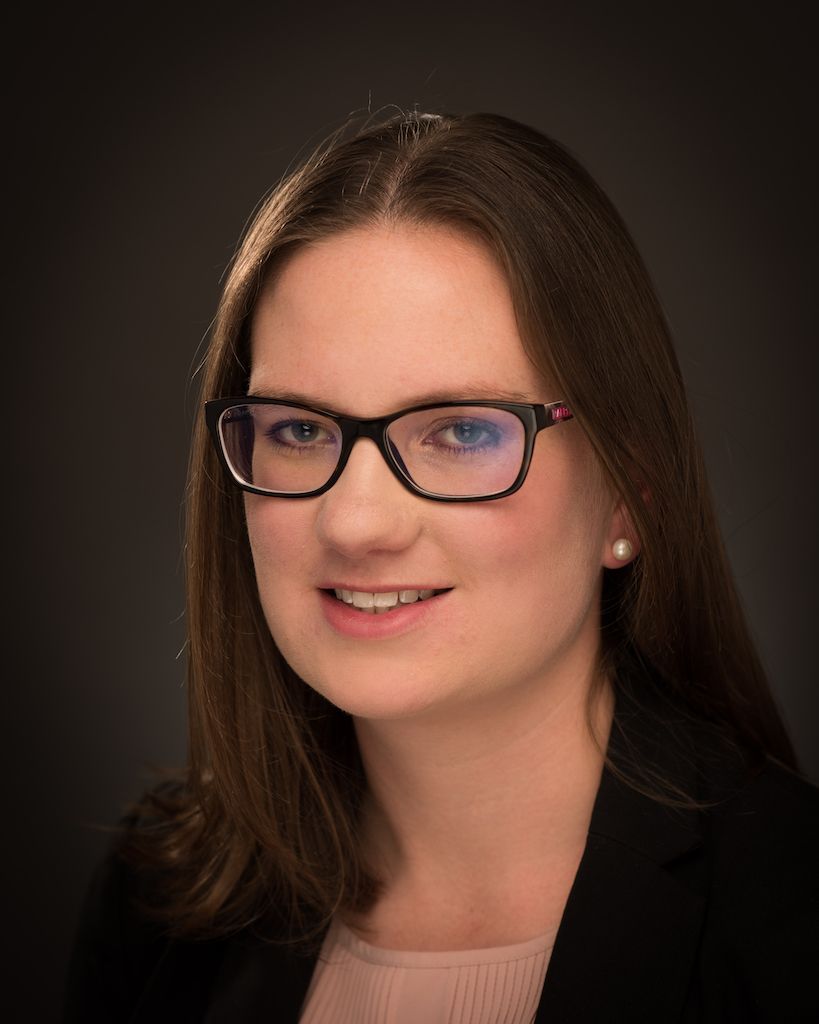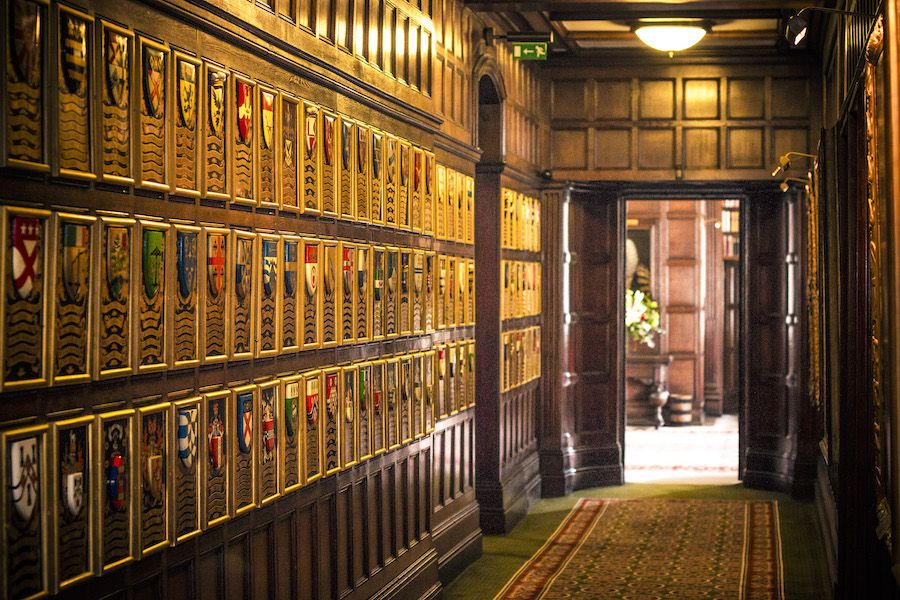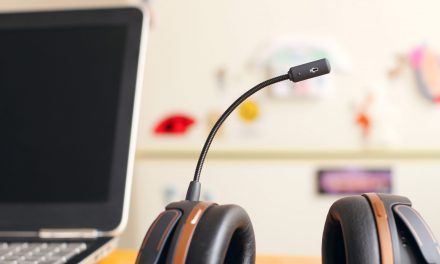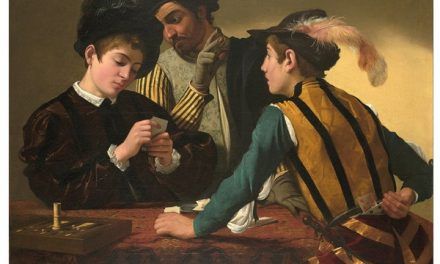As the United Kingdom went into lockdown in March 2020, it became clear that some members of the Inn would experience significant financial hardship as a result. Middle Temple, along with the other three Inns, contributed to the hardship fund, which was administered by the Barristers’ Benevolent Association (BBA), however, that would only assist those who had held a brief, so the Emergency Assistance Fund was set up to support students, those who had secured pupillage and pupils who were yet to hold a brief. The fund was later extended to accept applications from those who had been called to the Bar in the last two years and were actively seeking, but are yet to secure, a pupillage.
In addition to the initial contribution made by the Inn to start the fund, members of the Inn have generously contributed a further £135,000 in 2021 alone, meaning a total of £205,000 has been donated so far.
Since the fund opened for applications in March last year it has given out 72 awards. The awards are decided by a small committee of Benchers and hall members who convene at short notice to ensure that applications can be decided, and awards made, expeditiously. Not all applications demonstrate genuine hardship and whilst the committee strives to give awards to those in need, we have been careful to marshal the funds with care. The awards made have ranged between approximately £200 and £8,000 depending on the needs of the recipients.
The nature of the applications has been varied. The closure of the hospitality industry during successive lockdowns has led to a significant decline in the part-time work which sustains many Bar students. Those who intended to work for a summer, or even a year, before starting their studies, have seen the opportunities reduce; with law firms taking on fewer paralegals and county court advocates receiving fewer instructions. This has equally impacted those who have been called and are trying to gain experience to strengthen their prospects of securing pupillage. Other applicants have seen their own, or a family member who was supporting them, income reduced due to furlough or redundancy. We also saw applications where individuals were forced to give up their part-time, or in some cases full time, work as they or a family member needed to shield, and the work could not be done from home.
In the case of international students several have found themselves unable to return home due to the restrictions in place, forcing them to spend weeks or months in the UK which they hadn’t budgeted for. Another unbudgeted expense for international students who managed to return home before they were called to the Bar was the requirement to have a criminal record check conducted abroad and posting all their documents to the UK. These applications were for relatively small amounts of money but for someone who has budgeted their year abroad carefully, and whose family are also suffering the effects of the pandemic, they were significant.
Many of the applications received by the fund have demonstrated hardship which is not directly linked to the pandemic, an unexpected family breakdown or the loss of the main breadwinner for example. It is fortunate that the Inn has been able to assist those promising future barristers who have encountered these misfortunes to enable them to overcome what would otherwise have been a barrier to their progression in the profession. I hope that the Emergency Assistance Fund will be a positive legacy of the pandemic and Inn can continue to provide this support.

Karen Reid was Called to the Bar in 2010 and practices as a Member of 36 Public and Human Rights at The 36 Group. Karen became Chair of Hall Committee in 2020, having been a member of the committee for 3 years, including Co-Vice Chair in 2019.





